School Education Bill to be passed
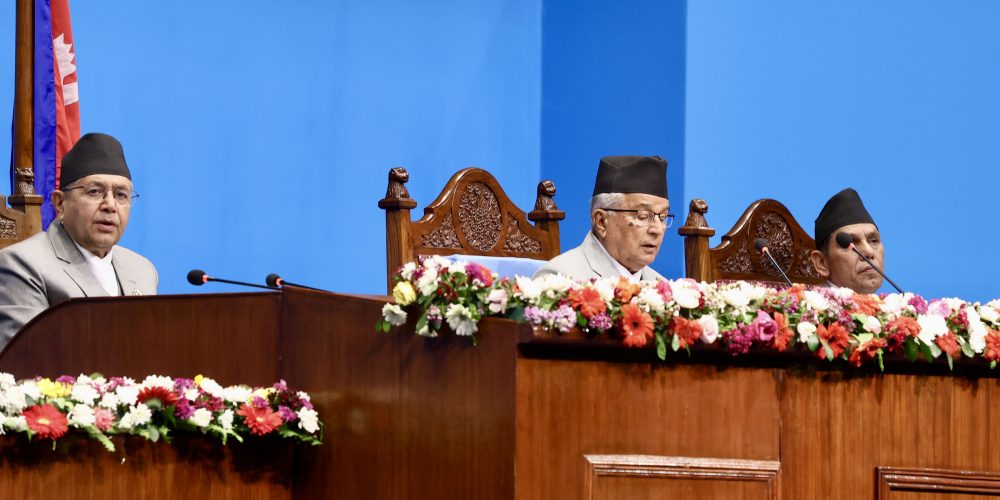
Kathmandu, May 2: The government has announced to pass the Bill to amend and consolidate laws related to school education in the ongoing session of the Parliament.
Reading out the government’s policy and programme for the upcoming fiscal year 2025/26, President Ramchandra Paudel said that the President Educational Reform Programme will be revised and strengthened as the National Educational Reform Programme. The existing education system will be made modern, science and technology-friendly, and research and innovation-driven.
Likewise, upon completion of school education, students will be admitted to either technical and vocational education or university education based on their grading. The stream of technical education will be extended up to university level.
The quality of education in community schools will be enhanced also with the participation of institutional schools through the implementation of the Institutional-Community School Partnership Programme.
Furthermore, uniformity will be brought into the curricula of institutional and community schools while arrangements will be made for a virtual teaching system with access for all, student counseling management, digital platform arrangement of interactive e-learning materials, and intensive training in attractive teaching arts based on teacher mentoring.
Interns will be deployed in government services from central to the local levels. Students above the graduation level will be engaged in various research institutions. “Earning and Learning” policy will be implemented by guaranteeing minimum wage for up to 20 hours per week.
Residential schools will be established targeting the remote geographical areas. National regulatory standards for private schools will be issued; number of teachers’ existing approved positions will be reviewed. In collaboration with universities, teachers bank will be established, national qualification standards for teachers will be issued and the work of the National Records Office (Teacher) will be gradually transferred to the provincial government in a systematic manner.
Learning achievements will be tested at the local, provincial and national levels by preparing the national educational quality standards. An environment of collaboration between the public, private and academic sectors will be created for the development of scientific research and technology.
By mobilizing all think tank institutions and research centers of public sector in a coordinated manner, their inputs will be obtained in policy formulation.
Scientific human resource development and research will be institutionalized in coordination with the federal, provincial and local levels, and private educational institutions.




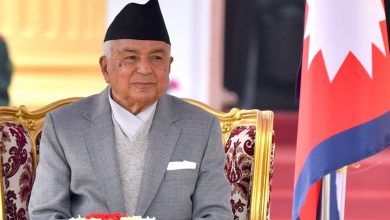
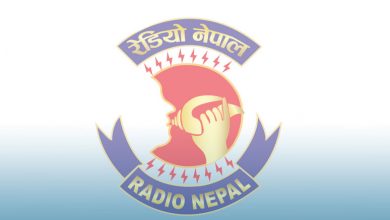
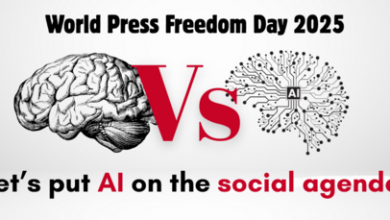
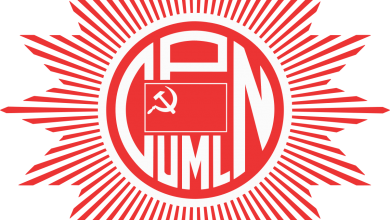
Comments